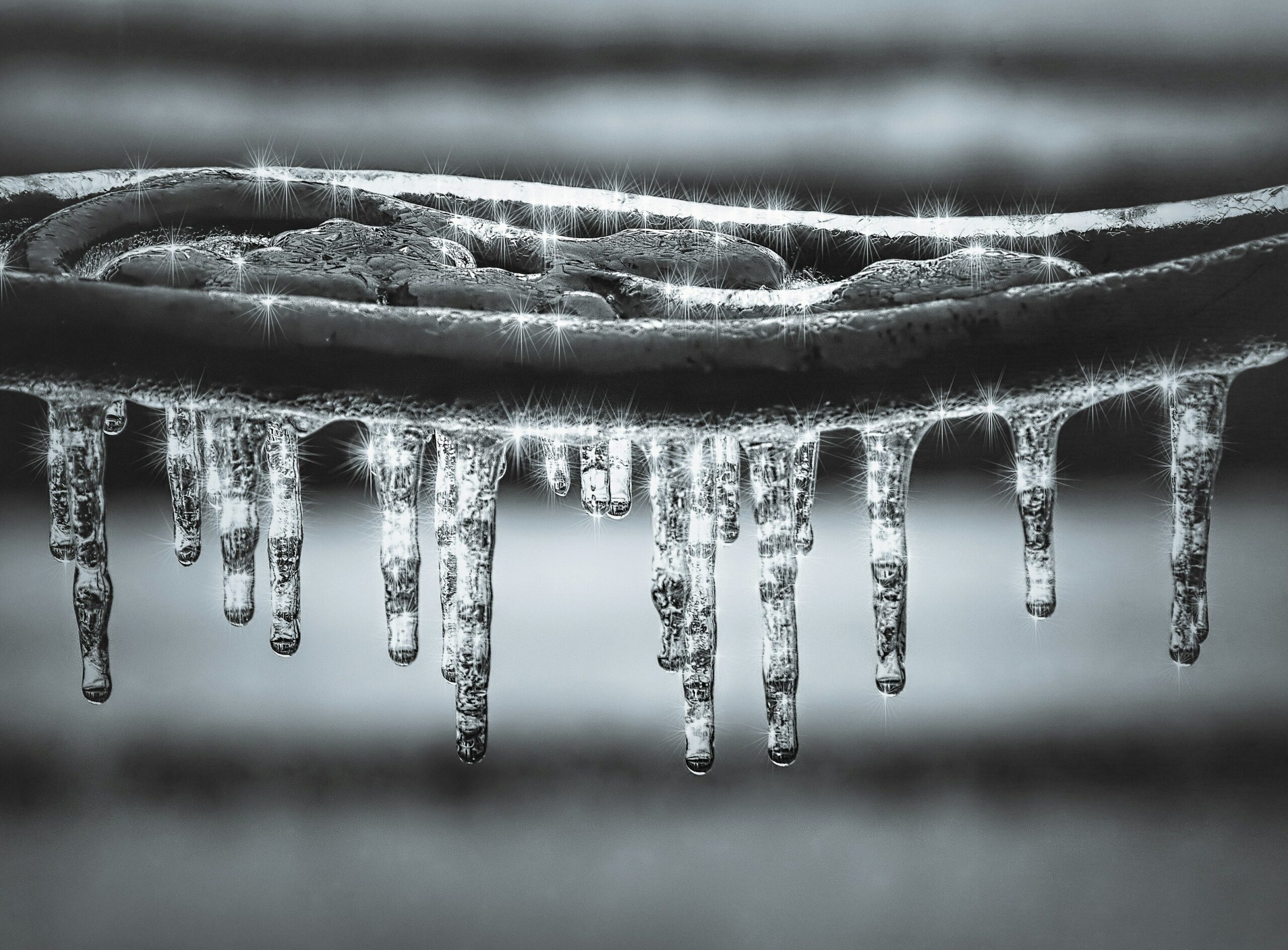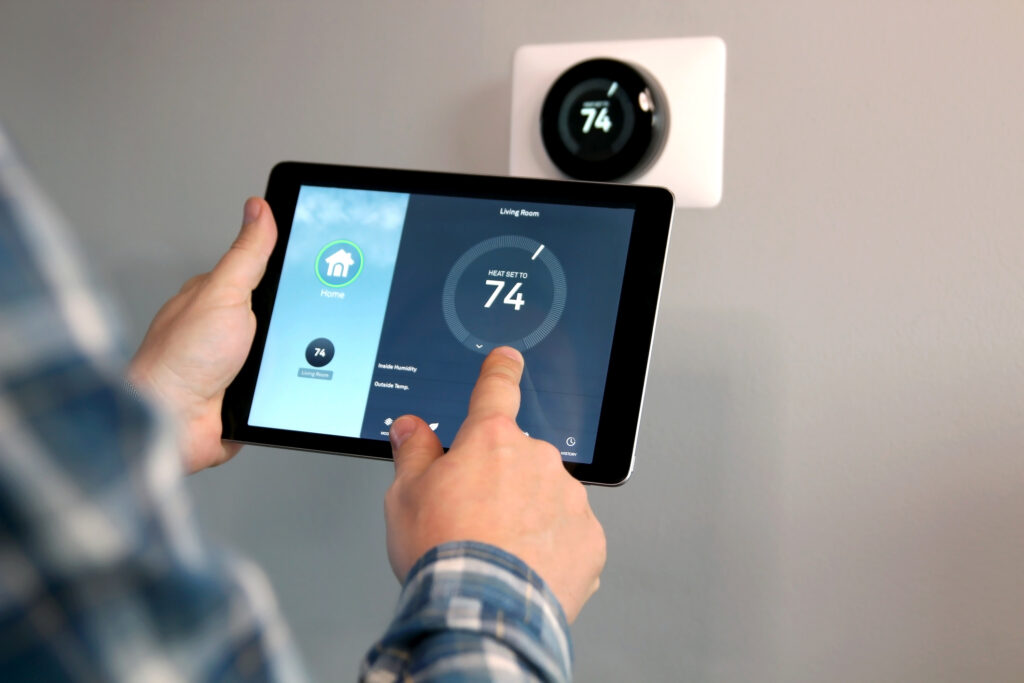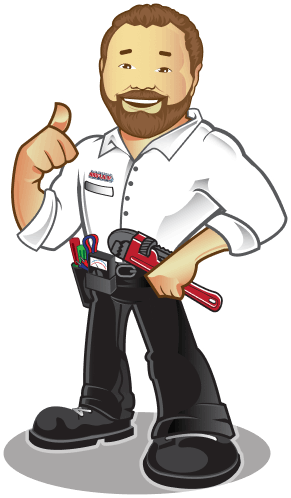Heat Tape vs. Heat Cables: Which To Use?

When the temperature dips, protecting your home from freezing is essential, especially the pipework of your plumbing system. This is where heat tape and heat cables come into play, but which is best to use? Below, F.H. Furr will help you decide which option is right for your home.
Why Protecting Your Pipes From Freezing Is Essential
Potable water is critical to almost every aspect of modern life. You use it for cooking, hygiene, and maintaining your home. When the temperature dips, your pipes are at risk of freezing. For water to continue flowing, you have to protect your pipes. By doing so, you:
- Limit the risk of emergencies
- Prevent burst pipes
- Avoid water damage
- Maintain water supply
- Maintain energy efficiency
- Prevent health hazards from standing water
What Are Heat Tape & Heat Cables?
Heat tape is a flat electrical cable designed to prevent pipes from freezing by generating heat when plugged in. Heat cables produce heat through electrical resistance when electricity flows through them. The key differences include:
- Design and flexibility: Heat tape is flat and easy to wrap around small pipes, while heat cables are round, flexible, and used for larger applications.
- Heat output: Heat tape provides moderate heat and is suitable for smaller needs. Heat cables offer higher heat output for more demanding applications.
The Benefits & Drawbacks of Heat Tape
Heat tape is affordable, energy-efficient, and flexible, making it ideal for pipe protection. However, it has a limited lifespan, requires periodic replacement, needs electricity, and can be a fire hazard if improperly installed.
The Benefits & Drawbacks of Heat Cables
Heat cables are simple to install, using clips or adhesive tape. They protect pipes from freezing and de-ice roofs and gutters, featuring thermostats and automatic shutoffs for safety. However, they can be costly, require electricity, and have a limited lifespan, needing periodic replacement. Incorrect installation also poses a fire risk.
Comparing Heat Tape vs. Heat Cables for Different Scenarios
Which Is Better for Straight Pipes?
Heat tape is easier to install on short or curved pipes, while heat cables are more effective for longer, straight pipes that need more heat.
Which Is Better for Curved or Irregular Pipe Shapes?
Heat tape is generally the better option in these situations due to its flexibility and ease of installation.
Which Option Lasts Longer?
Generally, heat cables are more durable and have a longer lifespan than heat tape. However, the actual longevity of either product depends on factors such as the conditions it’s used in and maintenance.
Factors To Consider Before Choosing
When deciding between these two methods, there are several factors to consider:
- Climate and environment: What sort of weather do you most often deal with in the winter? How much energy is required to keep your pipes from freezing?
- Energy efficiency: While heat tape is cheaper to install, heat cables are more cost-effective due to their energy efficiency and durability.
- Installation complexity: Heat cables require professional installation, while heat tape is generally easier to install, especially for small applications with curved or irregular pipes.
Installation & Maintenance
Having a pro install either heat tape or heat cables ensures the job is done safely. You minimize the risk of fire hazards and help maximize the systems’ longevity. Routine professional maintenance helps ensure the continued energy efficiency of both systems while helping them reach the full potential of their lifespan.
Schedule Service With F.H. Furr Today
Choosing the right heating method for your home boils down to your budget, heating requirements, and the size of the job. Heat tape is wonderful for smaller residential spaces with irregular pipes, while heat cables are excellent for larger applications requiring more heat.
If you’re still uncertain which method is right for your home, the expert heating technicians at F.H. Furr are here to help. We protect your home as if it were our own, which means we’re invested in helping you choose the right solutions.
Call F.H. Furr today or book an appointment online.














